1. “Radical”
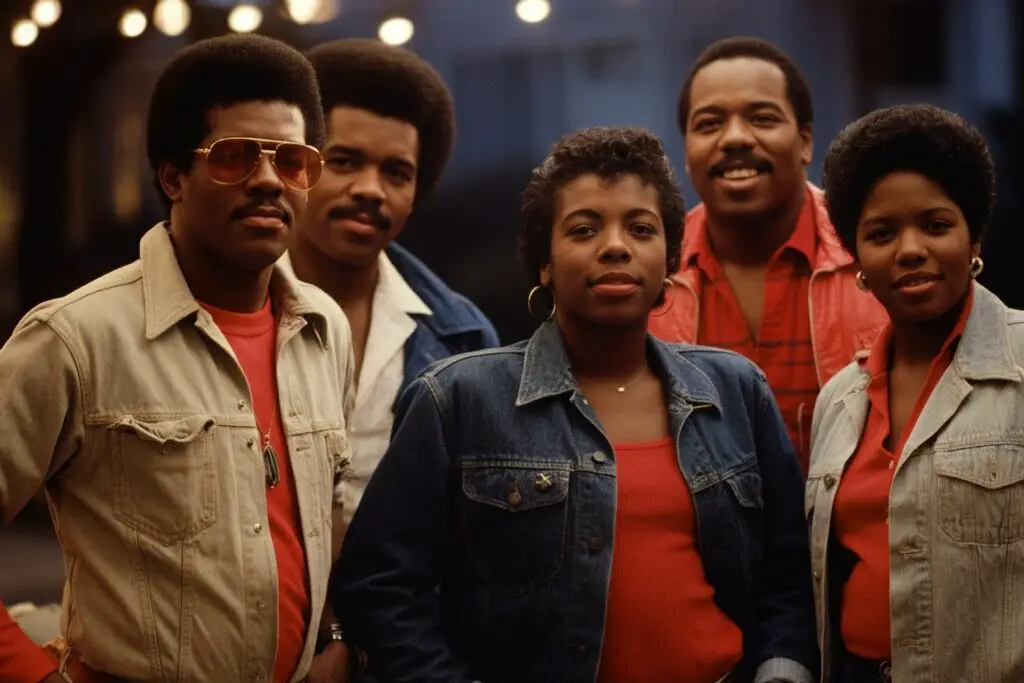
The word “radical” in the ’80s was used in all sorts of contexts to mean something that was really, truly amazing. If something was incredibly cool or totally out of the ordinary, you’d call it “radical.” The term often evoked a sense of excitement and energy, like the thrill of a skateboarding trick or a new, daring fashion choice. You might hear someone say, “That’s radical!” after an epic skateboard jump or after seeing a particularly impressive concert. It wasn’t just a catch-all for “cool,” either—it had this extra layer of intensity. Something that was “radical” had to stand out, break boundaries, or be incredibly impressive in a way that couldn’t be ignored. Fast forward to today, and that same term doesn’t quite have the same ring. If you said “radical” in front of a group of teenagers, they’d likely be confused, wondering if you were trying to sound like a surfer from the ’80s. The word has been overshadowed by modern slang, with words like “epic” or “fire” taking its place in the everyday lexicon explains Fatherly.
In fact, “radical” has evolved beyond just a term for something cool into something more associated with extreme or political ideologies. In the ’80s, it was all about expressing enthusiasm, but nowadays, the word carries heavier connotations that go beyond just describing something impressive. Kids today may not recognize it as a term of admiration, associating it instead with radical movements or even an older way of speaking. The shift in meaning makes it tough for “radical” to fit into a casual conversation now. You wouldn’t hear it being thrown around with the same carefree spirit that it was during the ’80s. Instead, words like “lit,” “fire,” and “vibing” have taken its place, better suited for the fast-paced way we communicate now. If you were trying to describe something that wowed you, “radical” just wouldn’t do the trick anymore—it’s too tied to a different time and a different mindset. But back in the day, it was the ultimate compliment, reserved for moments that felt extraordinary in every sense. If you were lucky enough to be part of that era, you’d remember how powerful it felt to throw a “radical” into the mix when talking about something impressive. It was a quick way to show your excitement and enthusiasm for something that stood out in a big way.
2. “Groovy”
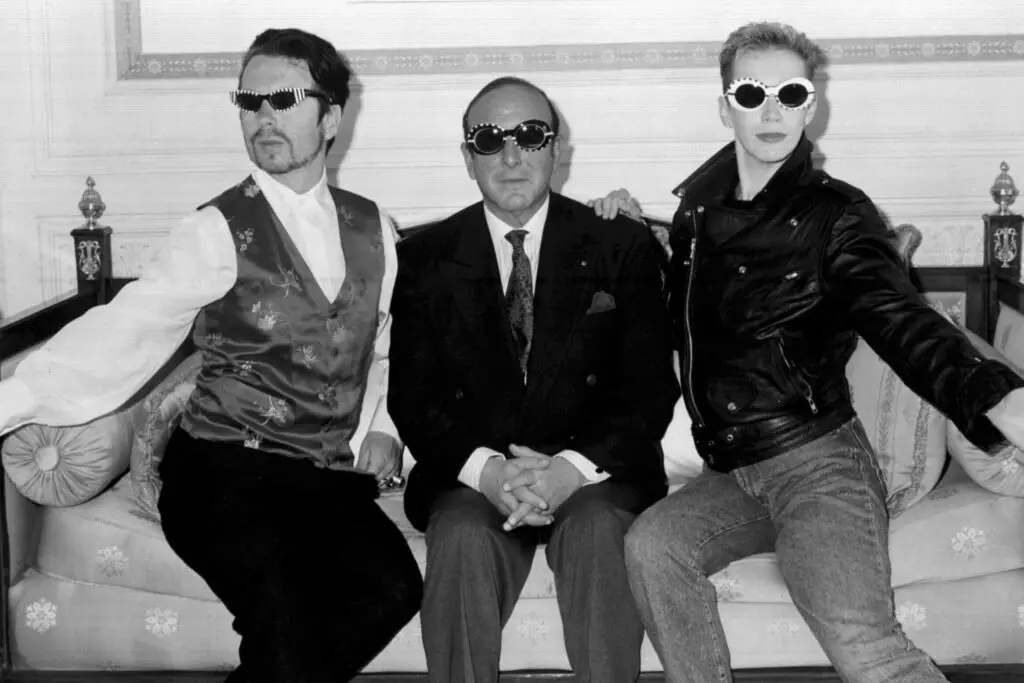
If you walked around in the ’80s and threw out the word “groovy,” people would definitely know you were on the pulse of coolness. It was used for anything that was awesome, smooth, or just really great. It had a laid-back vibe, like the sun was shining and everything was going to be all right. You’d hear it in conversations about music, fashion, or anything that just gave off that good energy. Fast forward to today, and saying “groovy” might make you sound like you just stepped out of a time machine says Yahoo. Kids today would probably scratch their heads in confusion, not really understanding what it means. The idea of “groovy” is almost a foreign concept now, thanks to newer slang like “lit” or “fire,” which carry a more contemporary feel. Imagine someone trying to use it now in casual conversation—it would likely be met with a lot of blank stares. The word evokes images of tie-dye shirts and bell-bottoms, which might feel more ’60s than ’80s, but it was still hanging around during that decade. In a world where language evolves so quickly, it’s no wonder “groovy” has become something of a relic. A teenager today would probably use “cool” or “sick” before they’d ever utter “groovy.” If you tried to explain it, they might think you were referencing an old sitcom or a character from an even older show like The Brady Bunch. It’s one of those words that reminds us of a simpler time when things felt a little more carefree. And while it may have been mainstream back then, it’s now just a bit too far in the rearview mirror for modern kids to grasp.
It wasn’t just reserved for the ’80s either. Before it became a retro term, “groovy” was already a bit of a throwback, having been used frequently during the ’60s by the counterculture crowd. But in the ’80s, it made a kind of comeback thanks to a mix of nostalgia and influence from classic rock bands and older shows. If you were sitting around with friends and said something was “groovy,” they’d likely agree, maybe add in their own “far out” for good measure. But now, it’s like speaking a different language entirely. Kids might find it quirky, like an amusing relic from a distant past that doesn’t fit into the fast-paced world of their text messages and TikTok videos. They might even laugh at you for trying to make it a thing again. But in the ’80s, it was used casually, so easily worked into everyday conversation explains Mental Floss. It was like the perfect descriptor for anything that made you feel good. It was even an adjective for music, the way you might describe a catchy beat or smooth tune that makes you want to get up and dance. Today, we may have a new set of words for that, but “groovy” will always remain tied to the days of disco balls and vinyl records, a little too far gone for the fast-evolving youth of today to understand fully.
3. “Bodacious”

“Bodacious” is one of those words that perfectly encapsulates the ’80s sense of exaggerated coolness. When something was truly awesome or larger than life, you’d toss out the term “bodacious” like it was nothing. It was especially popular among surfers and skaters, who used it to describe anything that was incredibly impressive or extreme. Whether it was a sick wave or an amazing performance, “bodacious” was the word to sum it all up. The word even made its way into movies and TV shows, adding a layer of fun and flair to the language of the decade. If you were living in the ’80s, using “bodacious” was practically a requirement if you wanted to fit in with the cool crowd. But try using it today, and you’ll likely get some very confused stares. Kids today may have never even heard of it, and if they have, it probably sounds like something from a silly ’80s movie that they wouldn’t take seriously.
It’s amazing to think that the word “bodacious” was once a go-to for describing anything that was just… well, amazing. It was so much more than just “cool” or “awesome”—it had a whole new level of enthusiasm that made it feel even bigger than the moment itself. Imagine trying to explain the meaning of “bodacious” to a teenager now—they might think you’re just trying too hard to be “retro.” And in a way, it’s hard to blame them. The world moves so fast these days, and words from even a few decades ago feel completely out of sync. “Bodacious” is one of those fun, exaggerated terms that might seem over-the-top in a world where language has become more streamlined and less flashy. But in its heyday, it was the ultimate expression of excitement, used to describe anything that was bold, daring, or simply unforgettable. Looking back, “bodacious” perfectly fit the vibe of the ’80s—a time when everything seemed a little bigger, brighter, and more in-your-face adds Glamour.
4. “Gag Me With a Spoon”

This phrase was straight out of ’80s teen movies and was used to express utter disgust or disbelief. If you were disgusted by something, whether it was bad fashion choices or a cringeworthy situation, you’d dramatically say, “Gag me with a spoon.” It was supposed to be over-the-top, silly, and kind of funny. It was part of the bigger trend of using absurd phrases to show how much you disliked something in a comical way. You could almost picture someone saying it while rolling their eyes or looking completely unimpressed by whatever was going on around them. Fast forward to today, and no one is saying “gag me with a spoon.” To today’s youth, it probably sounds as dated as dial-up internet. It’s a phrase that has completely fallen out of the cultural lexicon, replaced by the more straightforward, and less dramatic, “gross” or “ew.”
The phrase was at its height in the ’80s, especially in the world of teen comedies, where everything was dialed up for comedic effect. It was as much about the delivery as it was about the phrase itself. You could say something completely innocent and then follow it up with “gag me with a spoon” to show just how completely and utterly grossed out you were. The more over-the-top the expression, the more comedic value it had. Today, that same phrase would probably confuse anyone under 30. They might think it was a joke, but it wouldn’t land the same way. The dramatic, exaggerated style of speaking that made this phrase work just isn’t something we hear much anymore. The word “gag” has shifted in meaning, too, and is now more commonly associated with choking or something that physically makes you gag. Saying “gag me with a spoon” would likely leave people wondering if you were talking about something completely different than what was intended. It’s one of those phrases that sounds so incredibly ’80s, you almost have to chuckle when you think of it now.
5. “Totally Tubular”
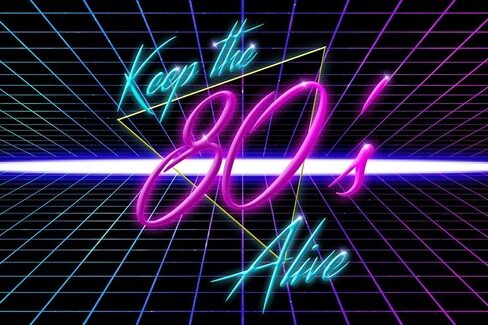
“Totally tubular” was a phrase that screamed ’80s and was often used to describe something that was absolutely fantastic. It was like a more extreme version of saying something was “cool,” and it had the added bonus of sounding like it came from the world of surfing and skateboarding. The word “tubular” referred to the shape of a perfect wave, and when something was “totally tubular,” it was a perfect 10 in every way. This phrase made its way into mainstream culture thanks to the popularity of skateboarding, surfing, and the explosion of ’80s teen movies. It was one of those phrases that didn’t just mean “awesome”—it meant “awesome” with a capital A, with a little extra flair. Now, if you say “totally tubular” in 2025, you’re likely to get some raised eyebrows. Kids today would have no idea what you were talking about unless they were in on the ’80s nostalgia game.
It’s funny because “totally tubular” was once the pinnacle of expressing enthusiasm, but now it feels so out of place. The word “tubular” itself has mostly lost its association with surfing and skateboarding, and kids today are more likely to use something like “fire” or “lit” when talking about something amazing. The transition from “totally tubular” to these modern expressions is just one of the many ways language has shifted over time. The phrase had a sense of carefree excitement to it, which is what made it so great in the ’80s. But the rapid pace of language change has made “totally tubular” seem like a relic of a different era. Today’s teens might even wonder why anyone would describe something as “tubular,” thinking it’s just a weird reference to old-school surfing culture. Still, for those who lived through it, “totally tubular” will always carry that fun, exaggerated energy that defined the ’80s. It was the kind of phrase that made you feel like you were in on the coolest secret.
6. “What’s Your Damage?”
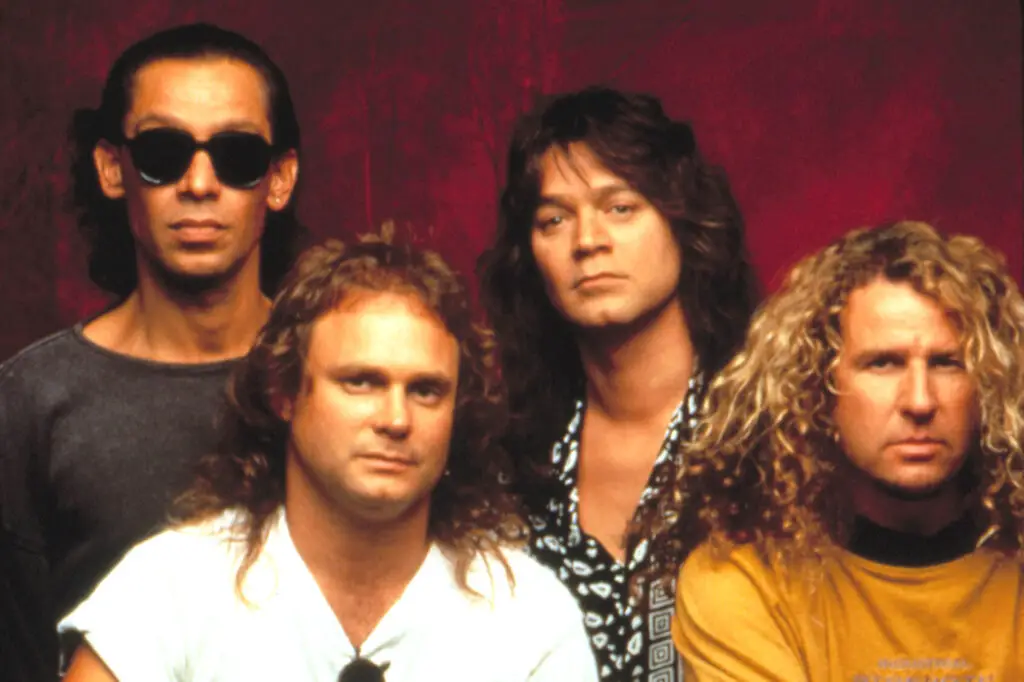
If you ever wanted to call someone out for being a little too dramatic or behaving strangely, “What’s your damage?” was your go-to phrase in the ’80s. It was a sarcastic way of asking someone what their deal was, especially if they were acting a little off or causing drama. You could picture it being said in high school hallways or locker rooms, a quick way to call someone out without diving into a full-blown confrontation. The phrase became famous thanks to the 1989 cult classic Heathers, where it was used to expose the more bizarre, sometimes sinister, behaviors of the characters. The phrase was loaded with sass, and it became a way to express judgment while still keeping things lighthearted—at least on the surface. Today, however, “What’s your damage?” would confuse a lot of younger people. It’s a bit too sharp and sarcastic for modern-day youth, who might lean more toward phrases like “What’s up with that?” or “What’s your problem?”
Over time, “What’s your damage?” morphed into more of a comedic, exaggerated statement rather than an everyday expression. If you said it today, it might sound like you were quoting a movie or trying to emulate the sarcasm of a bygone era. For kids today, that level of biting sarcasm doesn’t carry the same weight. Instead, they’ve got new ways to express confusion or frustration, and “What’s your damage?” just doesn’t fit the tone anymore. It’s a perfect example of how slang phrases have a shelf life, and once they’re passed down through pop culture, they often get lost in translation. If you dropped this phrase in a conversation now, you’d probably be met with confused expressions, and people might just assume you were referencing a forgotten film or trying to sound more dramatic than necessary. Still, for those who grew up hearing it, it’ll always have that perfect mix of high school angst and dark humor that made it memorable. It’s hard to imagine it ever coming back in a meaningful way, though—it’s just too ingrained in the ’80s for today’s culture.
7. “Eat My Shorts”
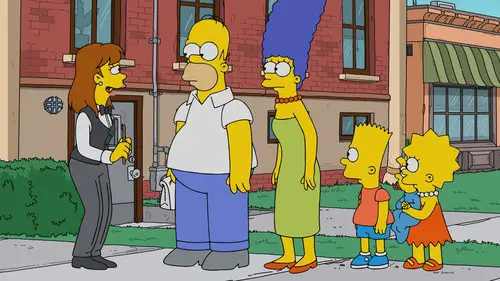
This one is probably most famously tied to Bart Simpson from The Simpsons in the late ’80s, but it was a phrase that captured the rebellious spirit of the time. If you were feeling defiant or just wanted to brush off someone’s authority, you could throw out a quick “Eat my shorts.” It was a playful yet cheeky way to dismiss people who were trying to boss you around or tell you what to do. The phrase was a part of the youth culture that came of age in the ’80s, reflecting the era’s embrace of defiance and individuality. The idea of telling someone to “eat your shorts” was pretty hilarious in its absurdity. Fast forward to today, and kids would probably be completely confused if you used it. To them, it would sound like something straight out of a cartoon, rather than a serious statement.
The phrase really struck a chord with the ’80s and early ’90s, as it was part of that whole wave of rebellion in pop culture. When Bart Simpson famously used it, it became synonymous with his character, and the phrase spread like wildfire. Kids would often say it to their friends, even if they weren’t mad at anyone in particular. It was more about the playful attitude and the desire to challenge the status quo. But now, “Eat my shorts” has largely been replaced by other expressions like “shut up” or “talk to the hand.” Kids today would likely think you were either trying to be ironic or just quoting an old show for the fun of it. The phrase may have had its moment, but now it’s something that would definitely be seen as out of touch. For those of us who grew up with it, though, it still carries that rebellious charm that makes us smile at the memories.
8. “Take a Chill Pill”
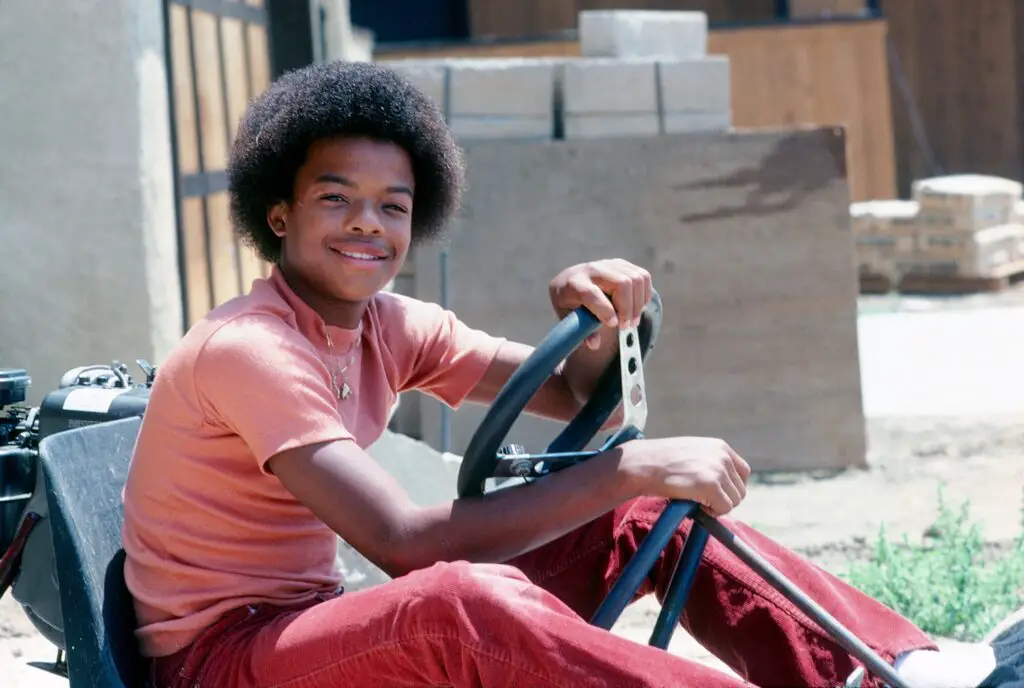
“Take a chill pill” was an advice-giving phrase used when someone needed to calm down. If someone was freaking out over something minor or being overly dramatic, you could tell them to “take a chill pill.” It was lighthearted and meant to tell someone to relax without actually being confrontational. In the ’80s, it was the ultimate passive way to tell someone to cool it. It had a laid-back vibe, almost like saying “everything will be okay” but with more of a humorous tone. The phrase was used a lot in casual conversations between friends when things were getting a little too intense or when someone was blowing a situation out of proportion. However, in today’s world, “take a chill pill” sounds downright strange. Kids today might think it’s a weird or outdated phrase that doesn’t make much sense anymore.
It’s kind of funny how “take a chill pill” has gone from being a pretty common expression to something almost unrecognizable to younger generations. The phrase is one of those relics of a simpler time when we didn’t overthink our expressions. Today, instead of saying “take a chill pill,” you’re more likely to hear something like “chill out” or “relax, dude,” which is far less dramatic. The reference to “pills” also feels dated, especially in an age where such a phrase might unintentionally spark concern. Plus, the whole concept of taking a “pill” to calm down seems almost too physical when compared to the more subtle, emotional ways we talk today. But back in the ’80s, “take a chill pill” was just what you said when things got a little too tense. It was a phrase that offered a lighthearted solution to a situation that didn’t need to be taken too seriously. Today, however, it’s a good example of how phrases can fade out, replaced by new expressions that fit better with the times.
9. “Like, Totally”
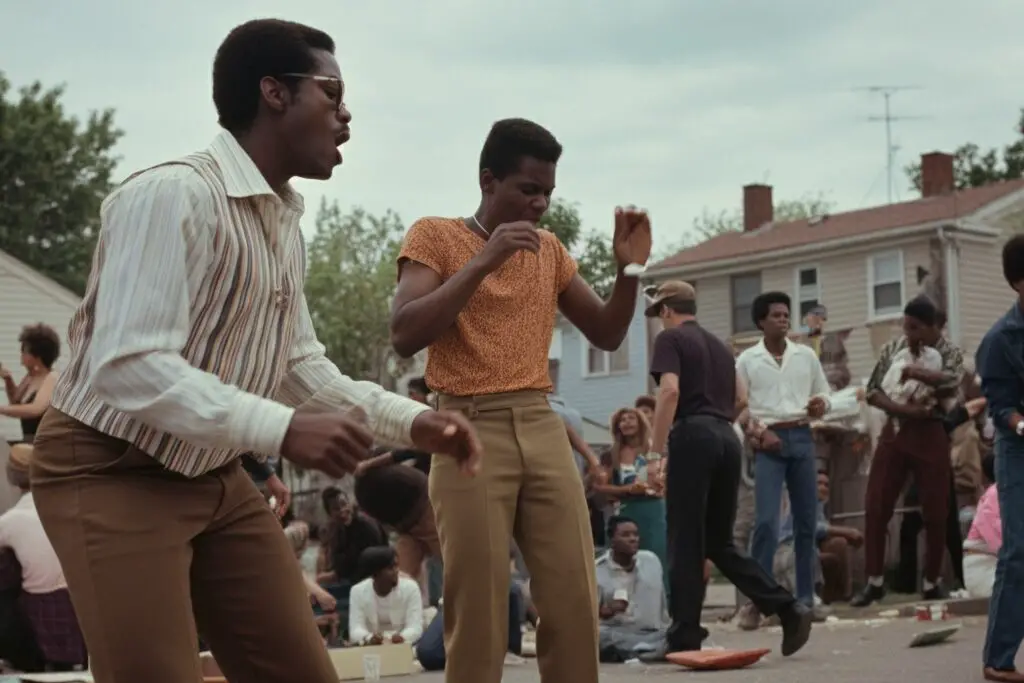
If you were an ’80s teenager, you were probably saying “like, totally” all the time. It was a way of emphasizing what you were saying, especially when you agreed with something. It was almost a verbal filler—a way to extend a sentence and add a little extra energy to it. You might have said something like “I’m like, totally ready to go to the mall” or “That movie was, like, totally awesome.” It was an essential part of speech that helped express enthusiasm or agreement. However, in today’s world, “like, totally” feels out of place. It’s an exaggerated version of modern expressions like “totally” or “for sure,” but the extra “like” gives it a dated, almost cartoonish tone. Today’s teens would likely think you were being sarcastic or trying too hard to sound retro.
The phrase became especially popular thanks to ’80s teen movies and TV shows, where characters often used it to emphasize how much they agreed with something or how excited they were. It was part of the larger trend of Valley Girl speak, where phrases like “like” and “totally” were blended into every sentence. But now, the overuse of “like” has fallen out of favor. It sounds like something you’d hear from a character trying to mimic the exaggerated way people spoke in the ’80s. If you said it today, people would likely assume you were making fun of the old-fashioned way of talking, or they’d just look at you confused. Language evolves so quickly, and what was once the height of casual speech can quickly turn into an outdated gimmick. For anyone who lived through the ’80s, though, it brings back memories of that carefree, fun-loving vibe.
10. “Psyche!”

“Psyche!” was a word you’d yell after tricking someone into believing something that wasn’t true. You’d say it right after you pulled off a prank or got someone to fall for a harmless joke. It was like the punchline to the joke—quick, unexpected, and often followed by laughter. In the ’80s, it was a go-to phrase for anyone trying to pull off a prank, whether it was telling your friend that something embarrassing was about to happen or making them believe something that wasn’t real. The phrase itself was quick, sharp, and loaded with energy. But now, “psyche” is one of those words that would probably get a lot of confused looks if used in modern-day conversations. Kids today wouldn’t recognize it as a playful way to reveal a prank and would likely be left wondering what on earth you meant by it.
When “psyche” was used in the ’80s, it wasn’t just about the word itself—it was the attitude behind it. It was all about the surprise and the laugh that followed. If you had the timing right, “psyche” could be hilarious. But as language evolves, words like “gotcha” or “just kidding” have taken over as the more common way of revealing a joke. The playful, unexpected nature of “psyche” has mostly faded out, replaced by newer ways of pulling off pranks or revealing that something wasn’t as it seemed. If you said it now, it might sound forced or weird, especially if you’re not in a setting where pranks are the norm. But back in the day, it was one of those phrases that made you feel like you were in on the joke, part of an inside club that had its own secret language. Today, it’s another one of those fun phrases that makes us smile but definitely sounds out of place in the world we live in now.
11. “Homeboy”
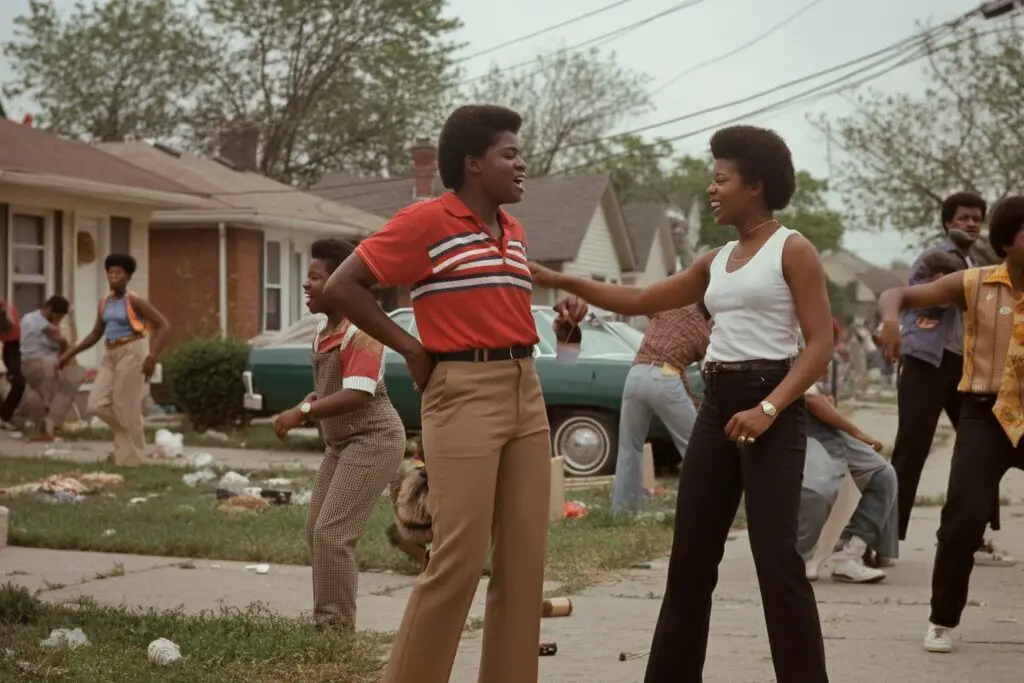
“Homeboy” was used to refer to a close friend, especially one you grew up with. It was an affectionate term, but it also carried a sense of coolness, like you were part of a tight-knit crew. You could be hanging out with your “homeboys” on a lazy weekend, having a good time, and showing that you were loyal to your crew. It had an urban vibe, particularly tied to hip-hop culture and early ’90s street style, and was used to express friendship and camaraderie. Today, “homeboy” has fallen out of fashion, replaced by terms like “bro,” “dude,” or “fam.” Modern teens probably wouldn’t use it, and if you did, they’d likely ask what you meant by it.
Back in the ’80s and early ’90s, “homeboy” was a key part of the language of friendship. It was a word that expressed both loyalty and a sense of casual coolness. It’s not that the concept of friendship has changed; it’s just that the way we talk about our friends has evolved. Nowadays, “homeboy” feels like an antiquated reference, something you might only hear in old-school rap songs or throwback movies. Using it today would probably sound like you were trying to recreate the past instead of being part of the present. It’s one of those words that shows how quickly slang can evolve and how quickly we move away from terms that once felt so natural. Still, for anyone who was part of that era, “homeboy” will always be a reminder of those days when friendships were solidified by a simple word that made you feel like you were part of something bigger.
12. “My Bad”
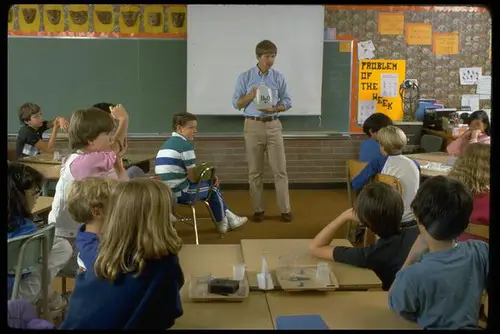
“My bad” was a simple way to admit you made a mistake without making a big deal about it. It was a quick, casual way of saying “sorry” without the heaviness that sometimes comes with a formal apology.
You might say it when you bumped into someone by accident or when you realized you gave the wrong answer to a question. In the ’80s and early ’90s, “my bad” was a common phrase among young people, especially in casual settings. But now, “my bad” feels a little outdated, and it’s rarely used by teens today. Instead, they’re more likely to say “oops” or just offer a quick “sorry.”
